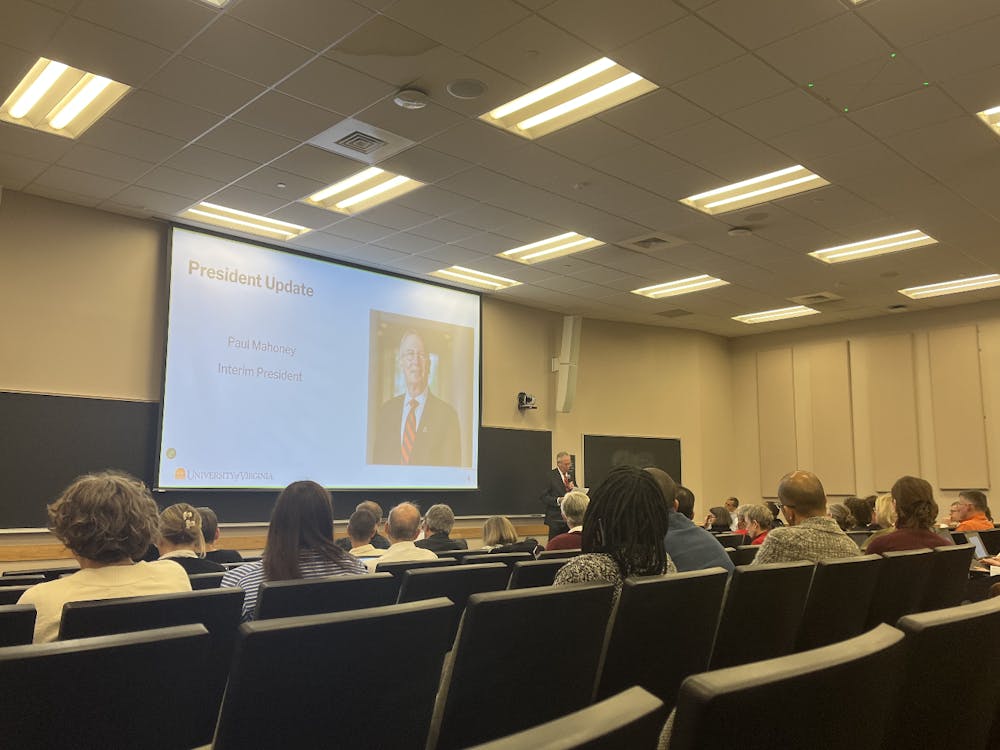Poll results released last Wednesday by the National Education Association’s Got Tuition campaign suggest higher education affordability is an important issue to many voters.
The poll, conducted from July 21 to Aug. 3,, involved 825 likely voters, including current college students, recent college graduates, individuals with student loans, parents of college students and Hispanics, NEA spokesperson Shilpa Reddy said. Almost 80 percent of respondents indicated they believe it is more difficult to afford college education now than 10 years ago, and 39 percent said they were making sacrifices to attend college or to pay for their children’s education. Seventy percent of parents involved in the poll, meanwhile, indicated they believe higher education affordability is an important issue.
“We even had some respondents that told us that they had to give up health care in order to afford college bills,” Reddy said. “Those were really telling statistics.”
Reddy said the poll results show that, in light of current economic troubles, college affordability will be an important issue in the November election.
“The rising costs of college are really putting higher education out of reach for middle-class families,” she said, but “the need for college education now is even more important.”
University Financial Aid Director Yvonne Hubbard agreed that affordability is a significant issue.
“It’s about the economy and it’s about our children,” she said. “You put those two things together and it becomes a very important issue.”
A number of University students view college affordability as an important factor in the upcoming election as well, including some who do not feel concerned about their own ability to pay the rising tuition costs.
“It doesn’t personally impact me,” third-year College student Annabelle Mangan said, “but it will affect my vote because I think it’s an important issue.”
On the other hand, college affordability directly impacts first-year College student Chris Savedge, who said the issue will be important for him “because [he’s] going to have to take out big loans for college.”
The potential for high student debt can often prevent promising students from attending college, Reddy said. And, for college graduates, lingering student debt may force them to delay buying a house or to choose a less-appealing career because it pays more.
“We know the benefits of higher education,” she said, “and it shouldn’t be [a] path to permanent or long-term debt.”
NEA’s poll was part of Got Tuition’s efforts to raise awareness about the issue of college affordability and student debt. The poll used a “blended methodology,” which involved both phone and Internet interviews.






